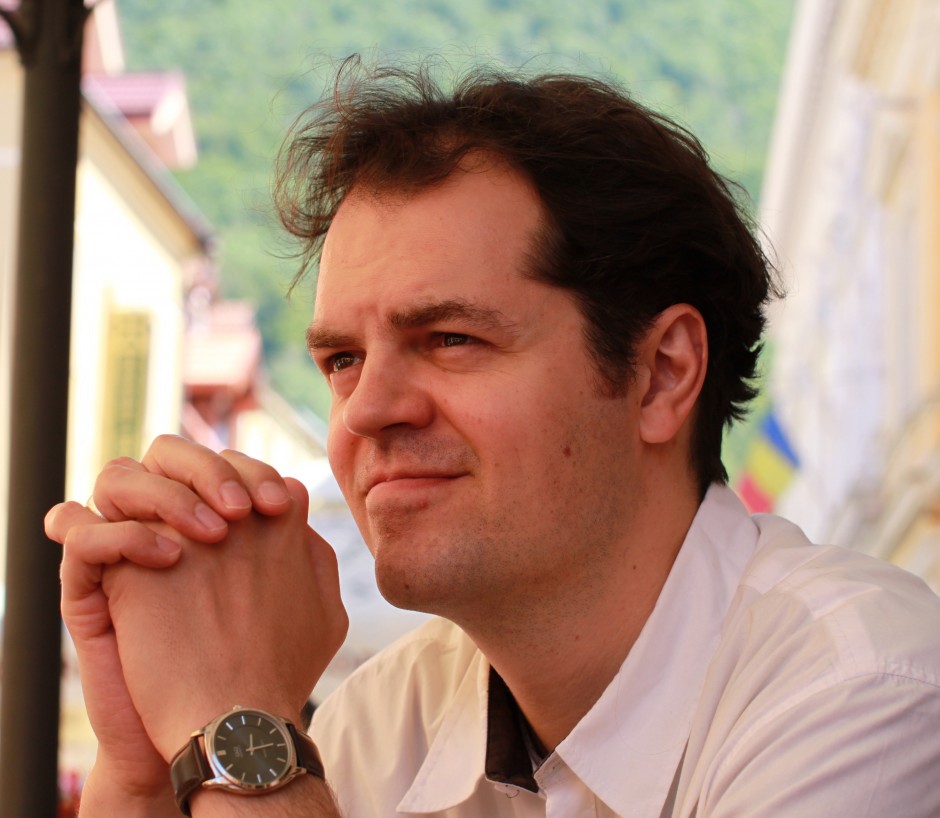Martin Lalonde est chargé de cours au département de l’éducation artistique de la faculté des beaux-arts de l’Université Concordia où il poursuit aussi ses études de doctorat. Ses travaux de recherche portent sur les enjeux de la motivation et de l’engagement socioacadémique des jeunes adultes, sur la culture participative, sur la culture de l’image et sur la culture numérique, sur les technologies éducatives mobiles, sur le développement des curriculums artistique et médiatique ainsi que sur les phénomènes de l’apprentissage et de l’enseignement à la lumière du paradigme de la mobilité et de la pensée complexe. Il a fondé en 2009 le programme éducatif de la Cité des arts, département d’enseignement des arts médiatiques destinés à la persévérance scolaire des jeunes à risque dans un centre pour raccrocheurs de la Rive-Sud de Montréal où il a enseigné pendant plus de dix ans. Récipiendaire de la prestigieuse bourse Joseph-Armand-Bombardier du Conseil de recherches en Sciences humaines du Canada et de la bourse doctorale du Fonds de recherche Société et Culture du Québec, il a, dans la dernière année, présenté ses recherches dans de nombreuses associations et conférences en sciences éducatives aux États-Unis et au Canada. Il poursuit finalement une carrière d’artiste professionnel où son travail en imagerie numérique ainsi qu’en performance sonore et installation vidéographique porte sur la représentation médiatique du paysage ainsi que sur la nature de notre expérience de la présence en rapport à l’environnement. Plusieurs de ses œuvres ont été présentées à la Société des arts technologiques de Montréal depuis 2006.
*
Martin Lalonde is a PhD Candidate in the Department of Art Education at Concordia University in Montreal, Quebec. His research interests lie within the social sciences field of mobility studies and of complex systems theory, in digital technologies in education, in curriculum studies, in youth digital culture, in new media art pedagogical practices, in participatory culture and in multimodal literacies.
At Concordia, he has been the instructor for the student teachers secondary internship classes and for the new media art curriculum development classes. In 2013, he was the recipient of the prestigious Joseph-Armand Bombardier doctoral scholarship from the Social Sciences and Humanities Research Council of Canada. He was also the recipient of the doctoral scholarship from the Fonds de recherche Société et culture du Québec. Concordia University have recognized his exceptional contribution to research in Art Education by granting him the Faculty of Fine Arts Fellowship in 2014 and 2015.
Prior to his entry in the academia, he worked as a new media and studio art teacher as well as a pedagogical developer in secondary schools specialized for at-risk youth. Between 2004 and 2010, he has participated in the establishment of special school retention art program for marginalized students re entering the educational system. To this day, Martin Lalonde has presented more than 25 communications in various professional and research colloquium in the country and on the international academic scene. He has published in Canadian Art Teacher, in Vision journal as well as in various conference proceedings. Since early 2014, he also works as an editor and reviewer for Vision journal, the Association québécoise des éducateurs specialisés en art official publication.
As part of Citizens of Tomorrow, Martin has been a Graduate Research Assistant since the winter of 2013. He is currently conducting research on the experiences of youth who took part in two media art education sites aimed a fostering school and social engagement for at-risk youth struggling with integration difficulties. Observing teaching activities at Maison Kekpart, he is focusing on how the instructors are inspired and informed by youth online practices to structure their vocational training curriculum. In this particular site, new co-constructed media productions has emerged from the collaborations between the educators and the youth. Those collaborative production have their roots in youth digital culture and are amplified by the online learning community.
As a second site, Martin is cooperating as a researcher with La Cité des arts program that offers optional courses in media art in a formal school environment. In this particular context, the interest is to identify how new media art build on regular core discipline curriculum in order to foster school motivation and success of students struggling to complete their secondary training.
For more information, visit Martin at:
